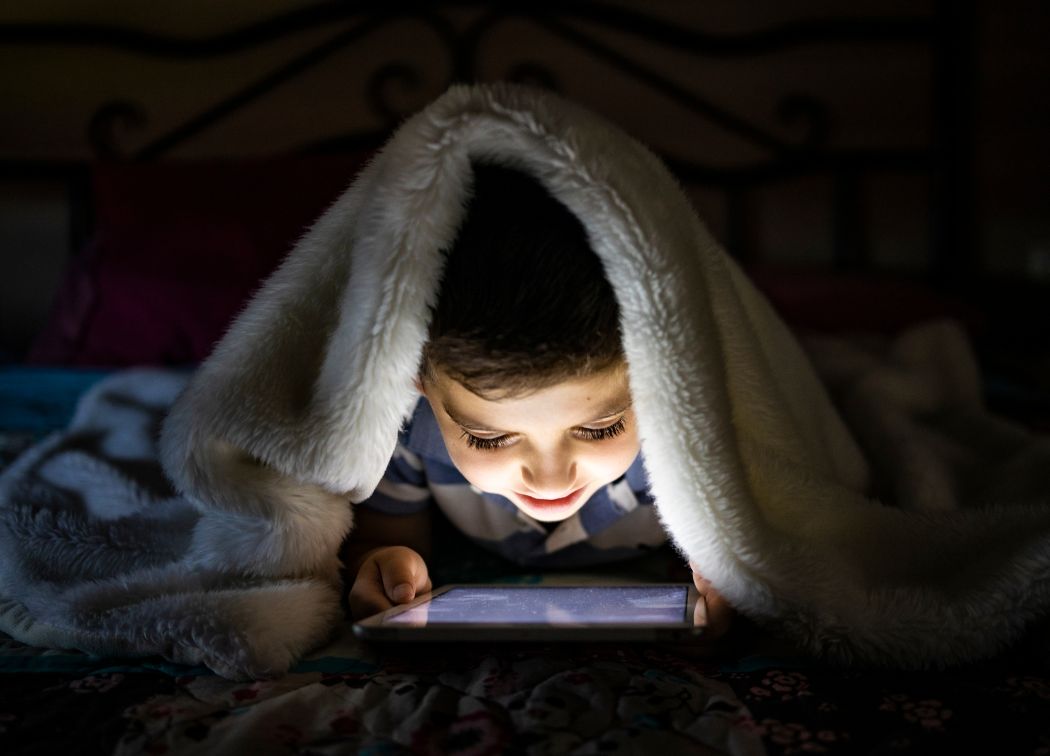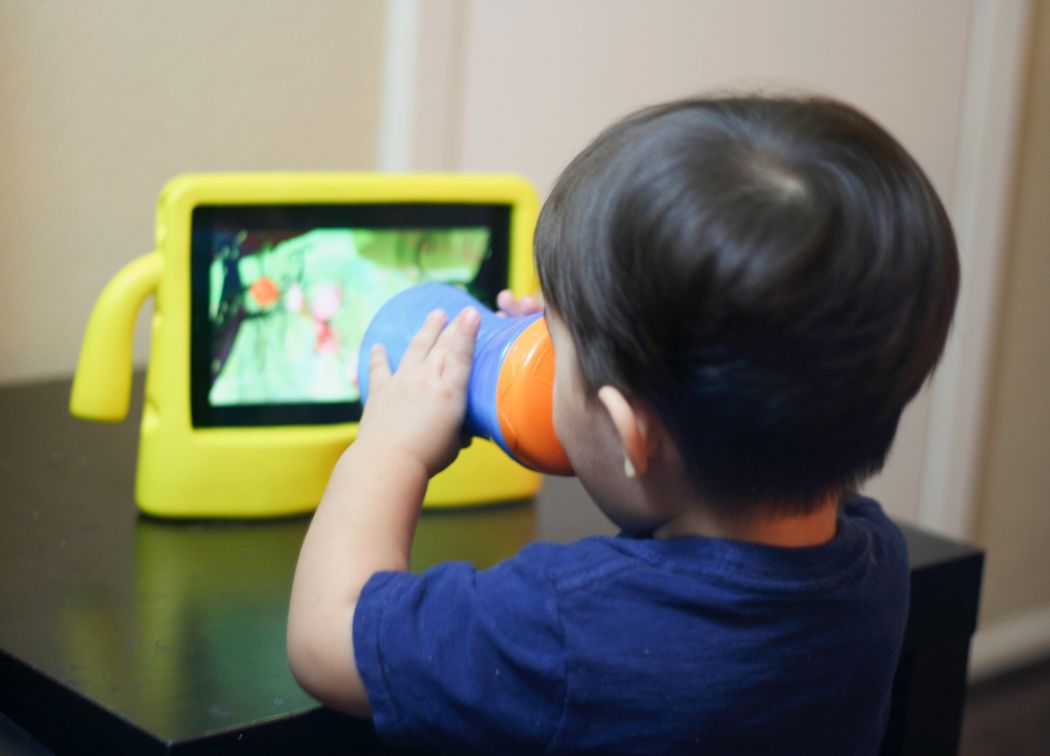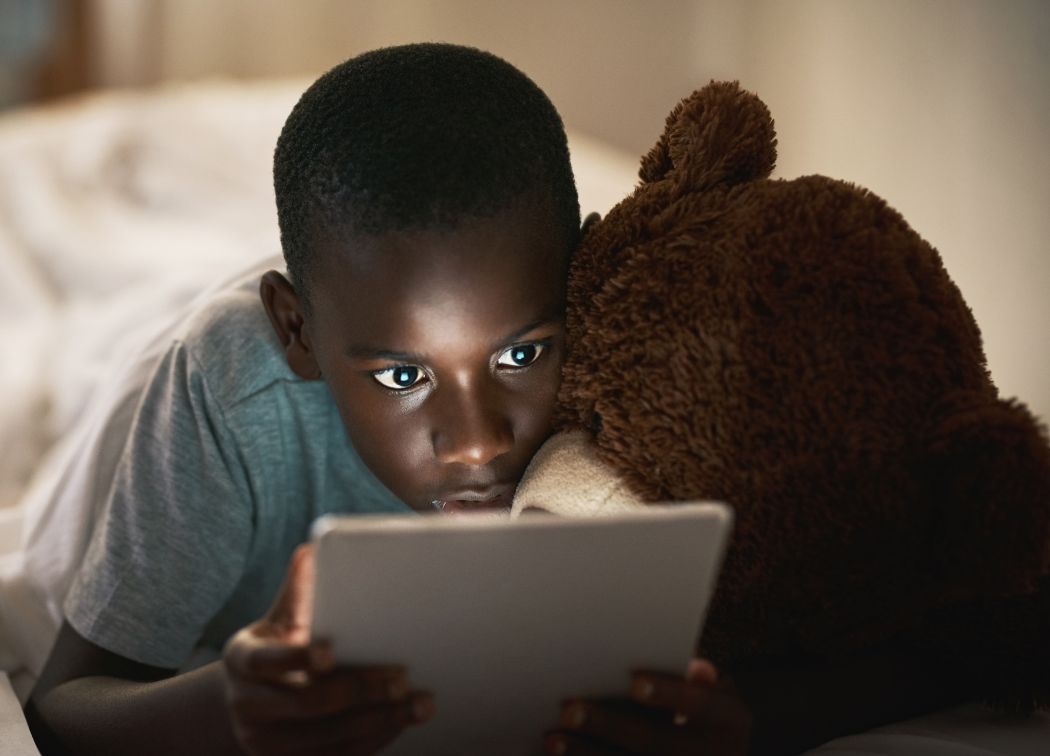I remember when I was young and computer games just started coming out on the first consoles.
My parents wanted to stimulate me playing outdoors, but I was just not that interested.
Of course, that was on the TV and now, children are being exposed to screens everywhere and can take theirs with them if they are of the age where you’ve given them a phone of their own.
Screens are not going anywhere anytime soon, and while I think it’s essential for a childs’ development to learn how to use a screen and a device for work and knowlegde gathering, there are a lot of adverse implications on their development.

Affect of screen time on child development
Loss of athletic abilities:
Children are getting less and less physical excercise with all of the screen time and couch surfing in today’s society.
Even more so because of the decline of physical education in schools where children are becoming more relient on their parents to stimulate playing outside and sports activities. Heavy use of screens from a young age could have a negative impact on heart health as well as obesity and even hand-eye coordination.
Physical complaints:
More and more children, even at younger ages are coming into the doctors office to look into physical therapy due to neck and back complaints from hanging over their tablet and phone screens.
Not only do they spend a lot of time in one position, but the compliants are further aggregated because of the lack of sport activities where they are able to loosen and strengthen their muscles.
Unhealthy lifestyle:
Increased use of screens is also highly correlated with other unhealthy lifestyle patterns, like snacking. Because it’s a passive passtime, children (and adults for that matter) often accompany it with eating snacks which most of the time are unhealthy. The adverse effect of this is also a larger problem because children have less and less active time to process and burn those added calories.
This increases BMI in children significantly, according to this article on Media and young minds by the American Academy of Pediatrics. They say that we eat more while watching TV or other screens because we’re not paying attention to the signals our body gives us about being full, and just keep eating.
Learning and development:
Increased screen time has been linked to the underdevelopment of language skills, as well as cognitive and social-emotional skills. Another study by the American Academy of Pediatrics shows this correlation.
How does screen time affect children’s sleep?
I know a lot of you also worry about screen time and its effect on the sleep your child is getting.
Those late evening or late night social media sessions can’t be good right, and then the blue light that’s causing sleep issues?
Well, you can rest assured here (pun intended) because according to the University of Oxford in this study, screen time has very little impact on the amount of sleep children are getting.
There are concerns around sleep time in kids and teens as 50% to maybe even 90% of children according to some, might not be getting the sleep they need.
They conducted a survey and connected the results to the sleep children were getting, and found that every 1 hour of screen time translated to only 3 to 8 minutes less sleep a night.
That’s not that much, though there was a correlation found. Not enough to support the theory of blue light being culprit no1 in the loss of sleep.
Loss of sleep in school going children has become a problem though, so it’s still good to look at their lifestyle and see where changes in the family schedule and dynamics can be made to improve upon this.
Conclusion
Just looking at limiting screen time is not the answer.
We have to look at other factors that play a role in our childrens development that may, or may not, correlate with the increased use of screens.
At the very least, we will have to monitor what our kids do with their screens, so we can educate them on how that fits in a normal and healthy life for the future. From using screens for work to using them for relaxation.
When we look at our own lives and see that a lot of us are more and more choosing to go to the gym, or spend more time with our families with real quality time, instead of sitting on the couch watching netflix, that’s something to teach our children as well.
We are also figuring it out as technology keeps evolving, and we have to prepare them for a healthy life worth living.






